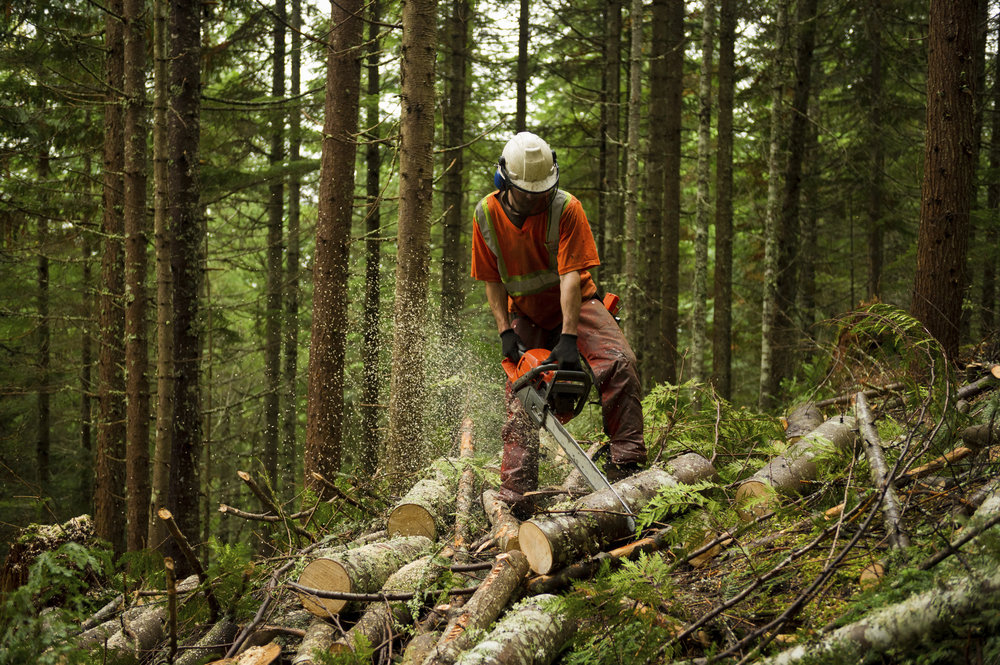
Government Forestry Incentives see Forestry farm Prices Increase
Afternoon Everyone, Dale here again with another forestry update, this one comes via the REINZ’s press release and makes for interesting reading. Check our our last post on wirerope here if you haven’t already and have a look at our winder truck in action here.
Forestry Update – REINZ.CO.NZ:
The median price of forestry farms across New Zealand has increased by 45% over the last year. The rise is up from $6,487 per hectare to $9,394 per hectare according to the Real Estate Institute of New Zealand. This increase may largely be the result of the Government incentives to plant trees. The incentives make forestry land more desirable, increasing sales of sheep and beef farms. Interestingly, the North Island is seeing a greater impact on forestry prices than the South Island.
Bindi Norwell, CEO at REINZ says: “Over the last few months there has been a growing voice from the rural community that the Government’s incentives towards planting trees are favouring forestry sales. With the price of forestry farms across New Zealand increasing by 45%, when compared to the same time last year. The data tends to suggest that the rural community is correct. The North Island has seen a greater impact on prices than the South Island. Prices rose by 95% in the North Island yet actually fell in the South Island by 4% year-on-year.”
The incentives may also be the reason for a reduction in farm sales. The number of farms sold across New Zealand fell by 29% when compared to the same time last year and the South Island. The South Island has seen a greater impact than the North Island with falls of 32% and 26% respectively.
“Unsurprisingly, the number of forestry farms sold over the past year has fallen too. Those investors are holding on to their farms which is also contributing to the price rises. Feedback from farmers and rural salespeople around the country, is increasingly one of concern. Once beef or sheep farms have been converted to forestry, they will never be converted back again. This is because of the loss of infrastructure and the high barrier to entry, should re-conversion be considered in the future,” concludes Norwell.
Incentives towards forestry assets were introduced October 2018. The changes to the Overseas Investment Act that now prevent foreigners (with the exception of Australians and Singaporeans) from buying existing residential or lifestyle properties. This may mean now it will be easier for foreigners to invest in the industry.
— Edited for readability (Dale)



